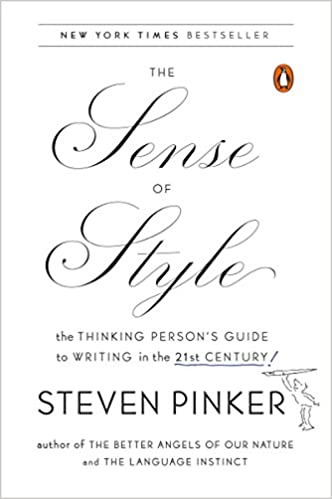Publications by Year: 1999
1999
According to the ‘word/rule’ account, regular inflection is computed by a default, symbolic process, whereas irregular inflection is achieved by associative memory. Conversely, pattern- associator accounts attribute both regular and irregular inflection to an associative process. The acquisition of the default is ascribed to the asymmetry in the distribution of regular and irregular tokens. Irregular tokens tend to form tight, well-defined phonological clusters (e.g. sing-sang, ring-rang), whereas regular forms are diffusely distributed throughout the phono- logical space. This distributional asymmetry is necessary and sufficient for the acquisition of a regular default. Hebrew nominal inflection challenges this account. We demonstrate that Hebrew speakers use the regular masculine inflection as a default despite the overlap in the distribution of regular and irregular Hebrew masculine nouns. Specifically, Experiment 1 demonstrates that regular inflection is productively applied to novel nouns regardless of their similarity to existing regular nouns. In contrast, the inflection of irregular sounding nouns is strongly sensitive to their similarity to stored irregular tokens. Experiment 2 estab- lishes the generality of the regular default for novel words that are phonologically idiosyn- cratic. Experiment 3 demonstrates that Hebrew speakers assign the default regular inflection to borrowings and names that are identical to existing irregular nouns. The existence of default inflection in Hebrew is incompatible with the distributional asymmetry hypothesis. Our find- ings also lend no support for a type-frequency account. The convergence of the circumstances triggering default inflection in Hebrew, German and English suggests that the capacity for default inflection may be general.
This article is adapted from How the Mind Works (Penguin paperback, 1999).
What the slips of children tell us about language, history and the human mind.


